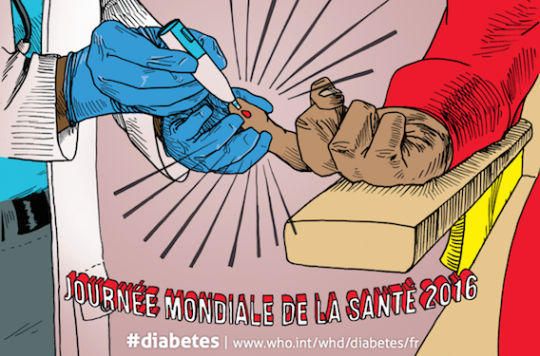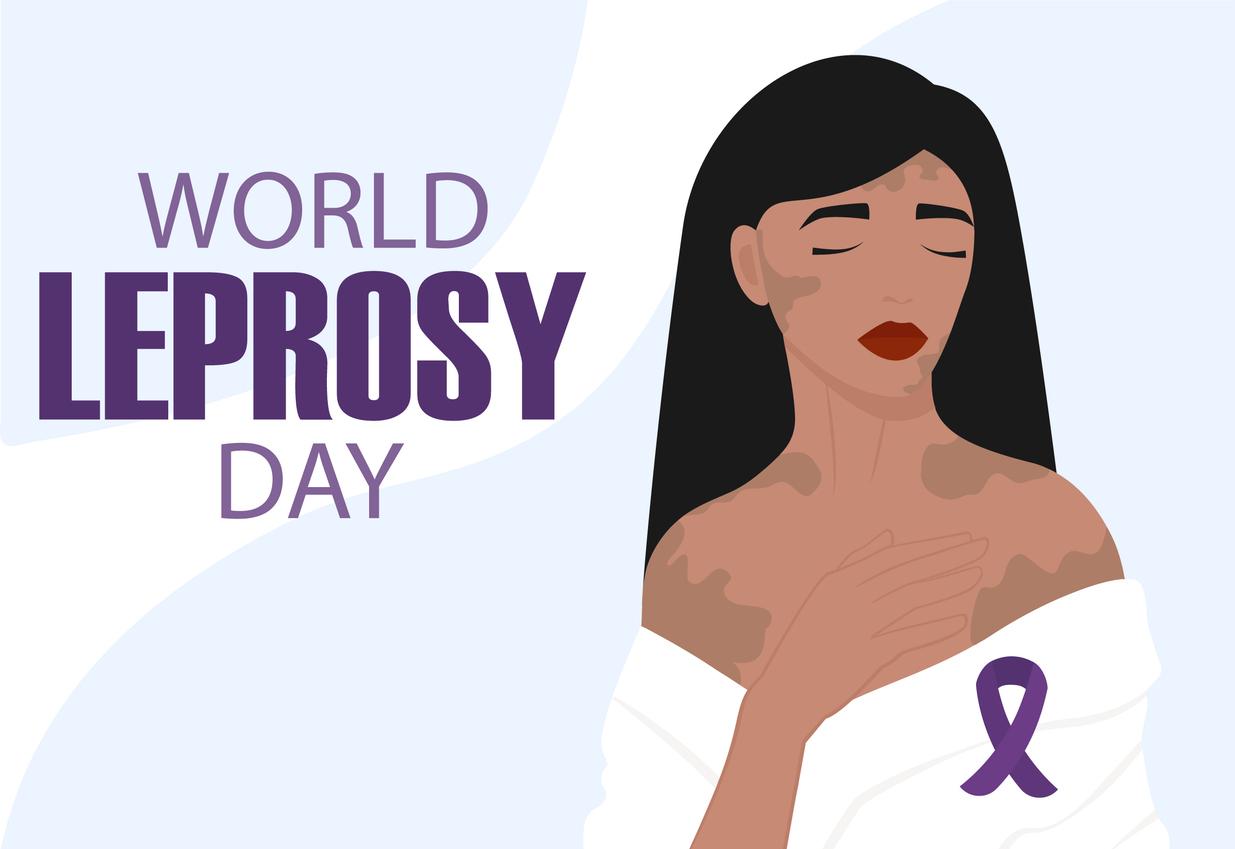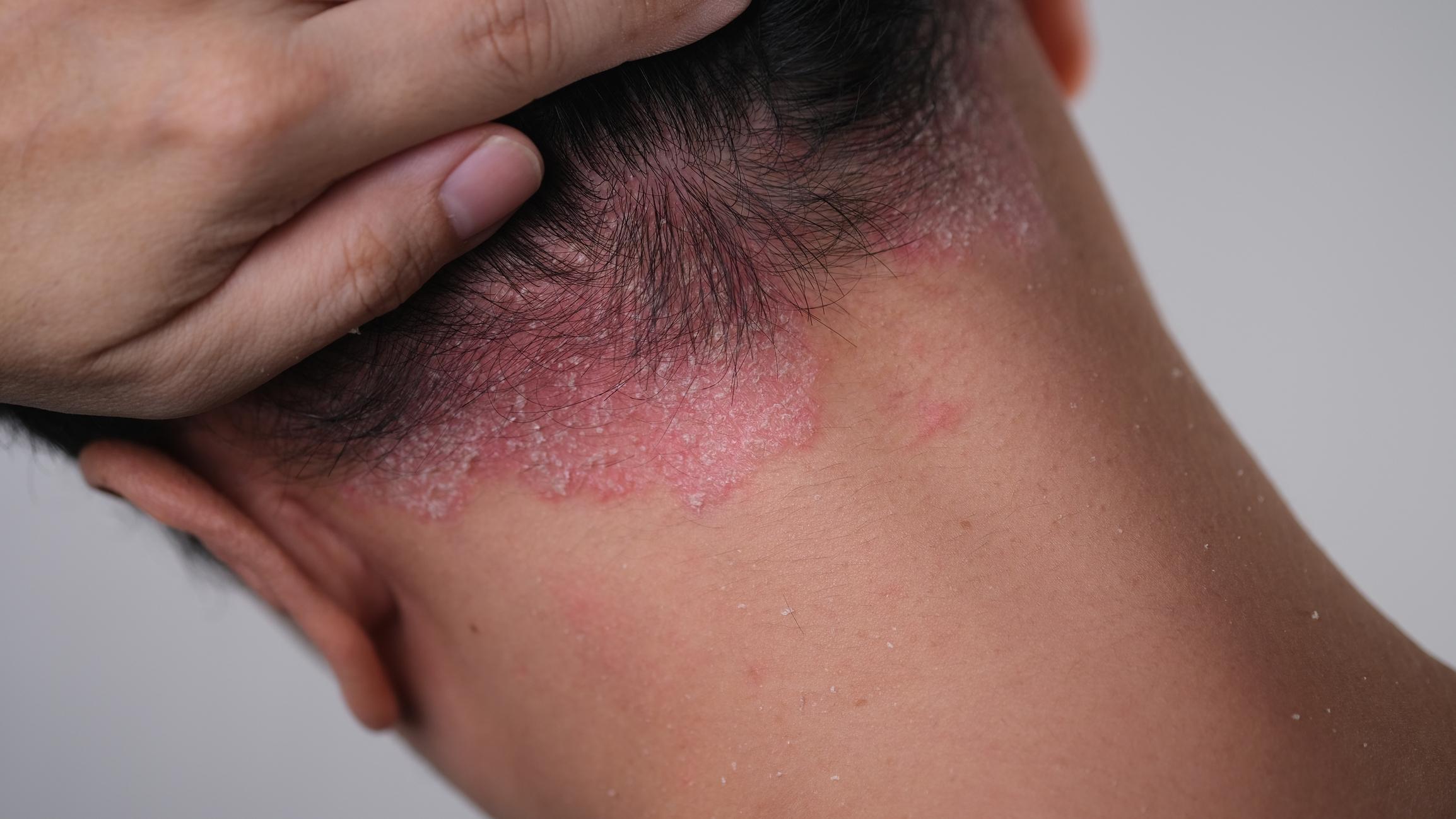There are more than 200 days dedicated to health. They can be useful to get diseases out of the shadows, provided they are repeated and targeted.

“Be stronger than diabetes! Exclaims the World Health Organization (WHO) on April 7. This chronic disease, which affects 350 million people worldwide, is known as the thematic of this World Health Day.
During the year, days dedicated to a pathology or to the fight against unhealthy behavior are very regularly in the news. On the calendar, more than 200 dates are devoted to health. Almost every week, Why actor dedicates a title to a world day: organ donation, hepatitis, smoking … But do these events have a real impact?
Bringing endometriosis out of the shadows
In France, awareness of endometriosis dates from 2013. It is March 13 that the world day associated with this gynecological disease is set. The campaigns were propelled by the specialist Chrysoula Zacharopoulou, from the Armand-Trousseau hospital (Paris). In three years of regular actions, in particular within the framework of the European week, this surgeon has seen the mobilization multiply. “This year was important because there was a strong media exposure and many associative initiatives”, she explains. Real progress for a disease which had hitherto remained in the shadows.
Chrysoula Zacharopoulou, gynecologist-surgeon in Paris: ” This word that was unknown two or three years ago is starting to be. It is associated with gynecological disease and menstruation. “
In the case of endometriosis, the world day is successful. From now on, actions are multiplying outside this framework. An agreement was signed with the Ministry of National Education to train school nurses in this issue.
But limiting oneself to these one-off events is not enough to achieve good results, underlines Chrysoula Zacharopoulou: “to have an impact, a campaign must operate over the long term, and multiply actions. “

A media peak
The world days still have the interest of causing a peak in media coverage, as with endometriosis. Researchers from San Diego State University (California, United States) looked at the impact of the tobacco-free day in Latin America and its national equivalent in the USA, the Great American Smokeout. The results are edifying: on the South American continent, the media are 71% more present than usual on the subject – an increase that goes up to 83% in Venezuela. Internet queries are also booming.
Analysis of the data in the United States reveals even more precise behaviors. the Great American Smokeout results in a 61% increase in media coverage, 13% in mentions on Twitter. Consultations on the Wikipedia page are also more numerous. In total, the researchers noted 61,000 requests and calls to support hotlines. To further improve the impact of such campaigns, the author suggests ensuring that they are conducted outside of holiday dates, in order to reach “a more receptive audience”.
Lazy activism
These strategies have every chance of reaching their targets, if carried out well. Indeed, they encourage the population to recognize what is healthy and at least healthy, to establish the norm, which encourages behavior modification in the direction most favorable to health. The individual’s social network may also be involved in this phenomenon, according to a review of studies published in the Lancet. The chances of success are increased if media campaigns multiply, as Chrysoula Zacharopoulou suggests, and target an episodic target, such as vaccination or screening.
Chrysoula Zacharopoulou : ” We’re all on the Internet, we all read newspapers. We end up paying attention to these subjects. To gain awareness, a week is not enough. “
But world days can also have a perverse, and unexpected, effect. Work has indeed shown, through a series of 5 studies in the laboratory and in the field, that people who commit themselves to a cause in a minimal but public way will less often follow up with more meaningful actions. They use this first act as a pledge. This is called the slacktivism, or lazy activism. The perfect example is to “like” a Facebook page or wear an emblem without donating money or taking concrete action. It is activists who are quiet, or who feel personally involved, who are more likely to deepen their commitment to the facts.
.

















